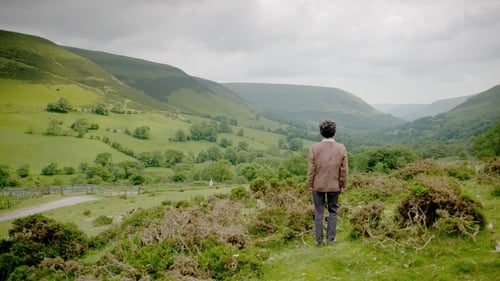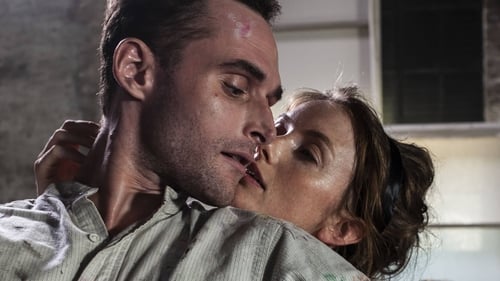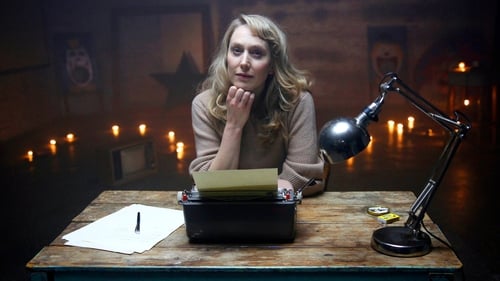
Executive Producer
Comedian, actor and ex-English teacher Greg Davies is a lifelong fan of Barry Hines's classic novel A Kestrel for a Knave, the story of Billy Casper training a kestrel as an escape from his troubled home and school life. In this documentary, Greg goes in search of the book's enduring appeal, travelling to Barnsley, where the book was set and where Ken Loach's famous adaptation, Kes, was filmed.

Executive Producer
Nomad: In the Steps of Bruce Chatwin é um documentário britânico de 2019 do diretor alemão Werner Herzog.

Executive Producer
Playful, moving portrait of Raymond Briggs, told through interviews with Raymond, animation illustrated by Chris Riddell, and contributions from friends and admirers.

Executive Producer
The dramatic story of Egon Schiele in his own words, celebrating his remarkable artistic achievements but also debating the controversies around his work.

Executive Producer
É 1918 e chega ao fim a Primeira Guerra Mundial. Milhões morreram e o mundo está exausto pela guerra. Mas logo um novo horror estará varrendo o mundo, um vírus aterrorizante que matará mais de cinquenta milhões de pessoas - a gripe espanhola. Usando reconstrução dramática e testemunho ocular de médicos, soldados, civis e políticos, este especial traz à vida o ataque da doença, os horrores daqueles que a viveram e os esforços dos cientistas pioneiros que procuraram desesperadamente a cura. Narrado por Christopher Eccleston, o filme também pergunta se, um século depois, as lições aprendidas em 1918 podem nos ajudar a combater uma futura pandemia global de gripe.

Executive Producer
Pump Up the Bhangra is a celebration of the way young British Asians have found their voice and their identity through bhangra music over the past thirty years. Fronted by BBC Asian Network DJ Bobby Friction, the film tells the story of how a simple folk tradition from the wheat fields of north India was transformed in the 1980s to become a unique British club music - outselling many mainstream UK acts. It's a story of cassette tapes, corner shops and glitter-clad musical heroes, of teenagers bunking off school to attend secret daytime gigs and of generational culture clashes - as this underground scene became as popular among Asians as Wham and Culture Club were to the mainstream. The film traces the birth of bhangra amid the early Punjabi immigrants in the steel foundries of the West Midlands. It explores its glitzy heyday when, despite selling hundreds of thousands of records, artists remained unknown by the mainstream and failed to make it into the charts.

Executive Producer
A dark and delicious foray into Angela Carter's extraordinary life with animation by Peepshow Collective, rare archive and family photos, and contributions from Angela's friends, family, students and admirers.

Executive Producer
British artist, academic, musician and activist Bob and Roberta Smith has been waging slightly odd political protests for years, in this documentary he investigates the age of activism and discovers what people are protesting about.

Director
Few musicals can claim to capture the mood of a historical period as well as the 1972 classic Cabaret. Liza Minnelli's unforgettable portrayal of singer Sally Bowles and the film's stylish recreation of the era have become defining images of Weimar Berlin. In this documentary, actor Alan Cumming explores the truths behind the fiction. He meets many of those closely involved with the original film, including Liza Minnelli, and talks to cabaret artists, among them acclaimed performer Ute Lemper. Alan explores the origins of the Cabaret story in the writings of Christopher Isherwood and uncovers the story of the real life Sally Bowles, a woman very different from her fictional counterpart. He talks to the composer of Cabaret about the inspiration for the film's most famous songs and discovers the stories of the original composers and performers, among them Marlene Dietrich. Finally, Alan reveals the tragic fate of many of the cabaret artists at the hands of the Nazis.








